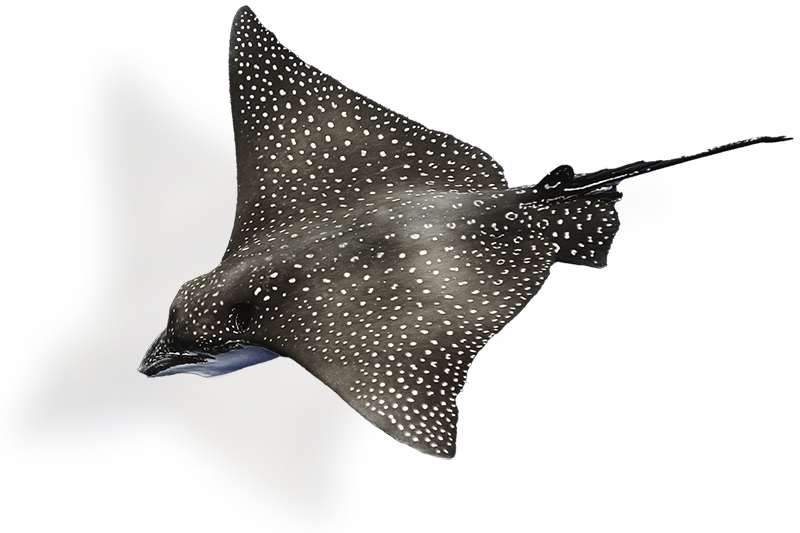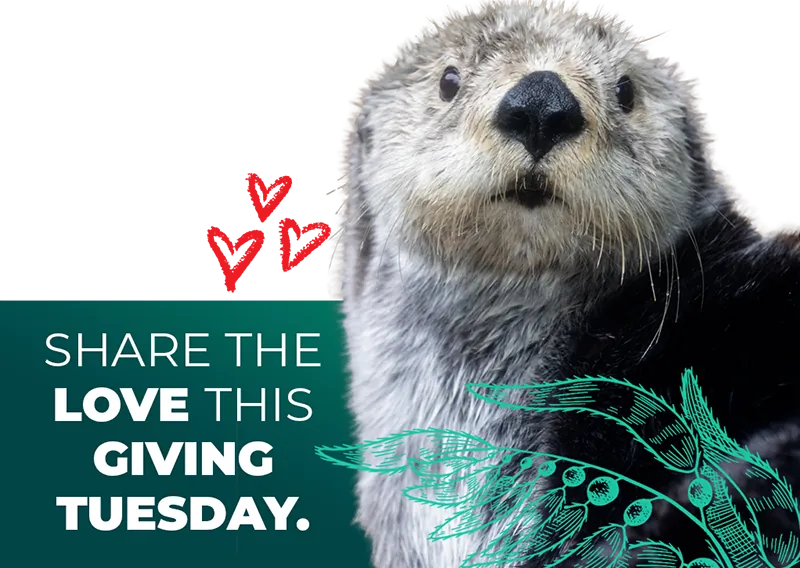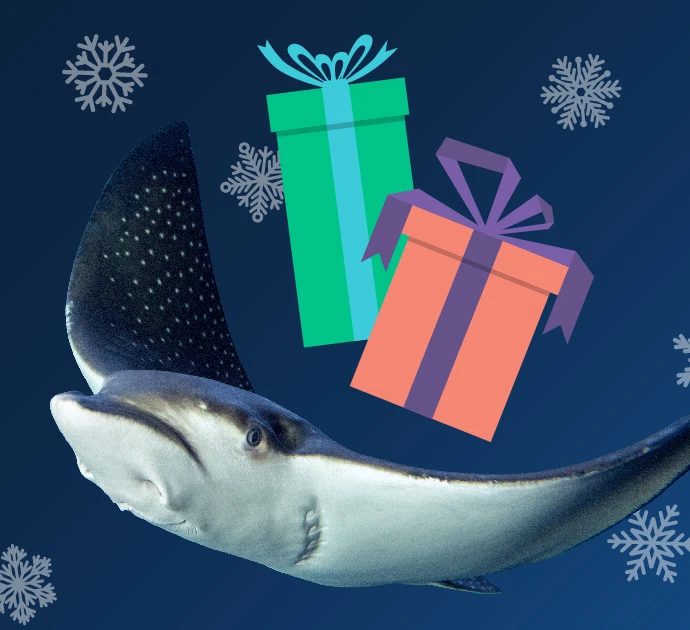Through a new campaign developed and produced by the nonprofit Sachamama, the Seattle Aquarium is featured alongside other prominent locals engaged in efforts to address threats to the health of Puget Sound—and the impact those threats could have on the vitality of our communities and economy.
Sachamama is a conservation organization grounded in Latinx cultural heritage and working to build support for a clean energy economy for all, and cultivating sustainable attitudes, behaviors and lifestyles. (Sachamama is a word in the Quechua language, which is spoken in the Amazon and South American Andes regions—it means “mother jungle.”) One of their key initiatives involves protecting the health of our ocean and inspiring conservation action and advocacy throughout Latinx communities.
Now we, along with several others, have lent support to Sachamama on a series of editorials focused on the health of Puget Sound and connections to local communities—including the environmental challenges that threaten our ecosystem and the well-being of our region’s residents.
The series showcases five local champions, their connections to the Sound and the environmental benefits the Sound provides for current and future generations. It’s part of a larger effort in support of 30×30, a global initiative to protect and conserve 30% of land and waters, including the ocean, by 2030.
Seattle Aquarium Senior Manager of Ocean Policy Nora Nickum was featured in Sachamama’s first published editorial, devoted to microplastics. The editorial highlighted our research into the prevalence of microplastics in Elliott Bay as well as partnering with the Plastic Free Washington/Washington Sin Plástico Coalition to pass SB 5323 and SB 5022, both of which will reduce plastic pollution in our local waters. Nora also participated as a panelist in Sachamama’s Facebook Live event focused on microplastics in Puget Sound. Seattle Aquarium Empathy Fellow Gabi Esparza was featured in the editorial as well, describing the important role of empathy in marine conservation and the Aquarium’s initiatives to increase access and inclusion throughout the community.
Other champions featured in the series include Candace Penn, climate change ecologist with the Squaxin Island Tribe Natural Resources Department; Luis Navarro, director of workforce development for the Port of Seattle; Ruby Vigo, coordinator for the Duwamish River Community Coalition; and Noe Rivera, an owner of Rivera’s Shellfish. All are working, in various ways, to ensure that Puget Sound can continue to be a source of life and livelihood for our communities and future generations. We thank Sachamama for their leadership on this exciting project—and inviting us to participate in it.


